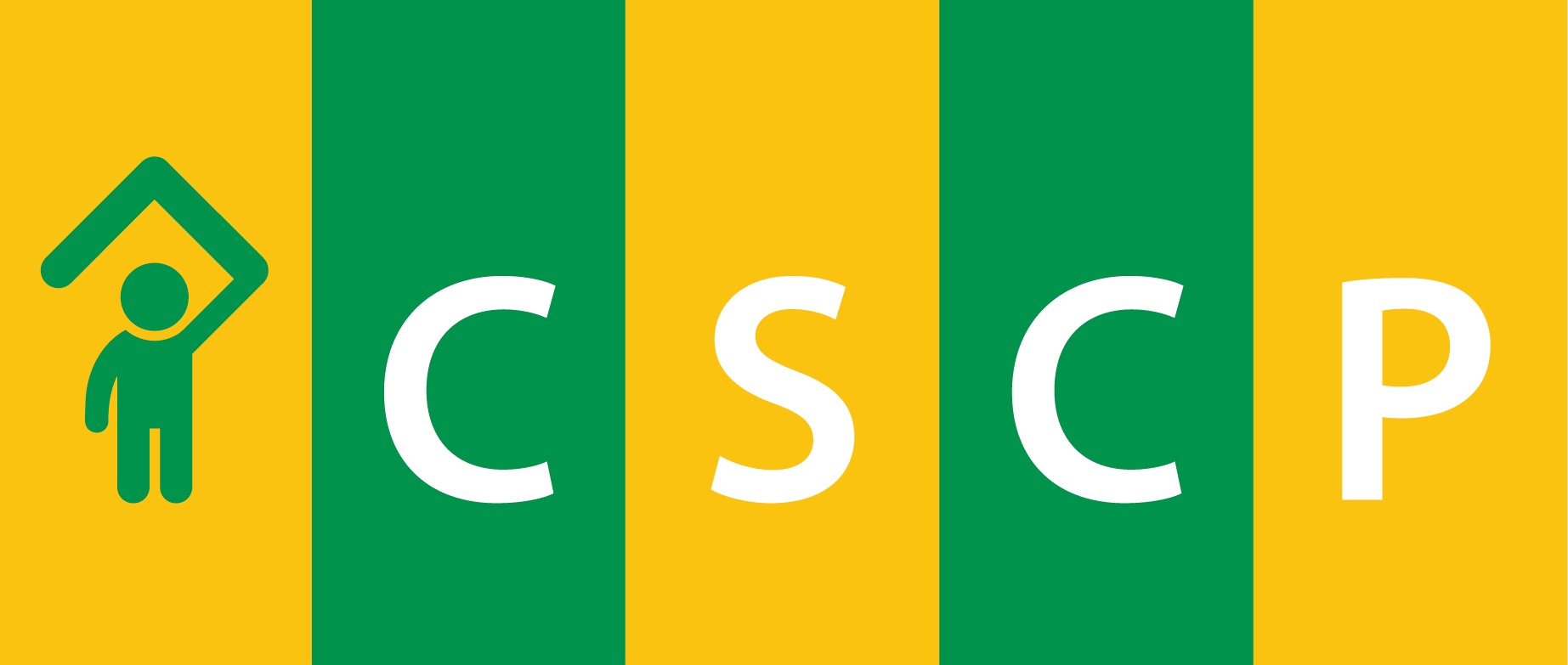Accessibility statement
This website is run by Cumberland Council. We want as many people as possible to be able to use this website, to be able to find, read and understand our content. This means you should be able to:
Change colours, contrast levels and fonts
Zoom in up to 300% without the text spilling off the screen
Navigate most of the website using just a keyboard (including skip to content or skip to main navigation)
Navigate most of the website using speech recognition software
Listen to most of the website using a screen reader (including the most recent versions of JAWS, NVDA and VoiceOver)
AbilityNet has advice on making your device easier to use if you have a disability.
Reporting accessibility problems with this website
We are always looking to improve the accessibility of this website. If you find any problems that aren't listed on this page or think we're not meeting accessibility requirements please contact digital@cumbria.gov.uk
Enforcement procedure
The Equality and Human Rights Commission (EHRC) is responsible for enforcing the Public Sector Bodies (Websites and Mobile Applications) (No. 2) Accessibility Regulations 2018 (the 'accessibility regulations'). If you're not happy with how we respond to your complaint, contact the Equality Advisory and Support Service (EASS).
Technical information about this website's accessibility
Cumberland Council is committed to making its website accessible, in accordance with the Public Sector Bodies (Websites and Mobile Applications) (No. 2) Accessibility Regulations 2018.
This website is partially compliant with the Web Content Accessibility Guidelines version 2.1 AA standard, due to the non-compliances listed below.
Non-accessible content
The content listed below is non-accessible for the following reasons:
Non-compliance with the accessibility regulations
Issues with images
Some images do not have a text alternative, so people using a screen reader cannot access the information. This fails WCAG 2.1 success criterion 1.1.1 (non-text content).
We plan to add text alternatives for all images and when we publish new content we'll make sure our use of images meets accessibility standards.
Issues with videos
there are some videos without a transcript
We plan to provide PDF transcripts for all videos.
Issues with third-party applications and websites
We use some third-party applications which might not all be fully accessible - we are working to ensure compliance.
Content that's not within the scope of the accessibility regulations
Issues with PDFs and other documents
Some of our PDFs and Word documents don't meet accessibility standards - for example, they may not be marked up so they're accessible to a screen reader.
Some of our PDFs and Word documents are essential to providing our services. For example, we have PDFs with information on how users can access our services, and forms published as Word documents. We plan to either fix these or replace them with accessible HTML pages.
As part of the accessibility roadmap, which we are working on, we will be aiming for any new PDFs or Word documents we publish to meet accessibility standards.
How we test this website
We do test and monitor the websites accessibility ourselves using Siteimprove.
What we're doing to improve accessibility
Ongoing audit of the content - ensuring that it is all written in plain English, links are accessible, images have appropriate alt text, page titles are descriptive using both automated and manual checks.
We have created a checklist for Digital Team staff to use when we are creating new content or uploading content from service areas - to ensure they adhere to the accessibility and usability standards.
We have created an online web playbook which provides guidance on how we build digital content for the web.
Content editors who still have access to upload/create content, have to go through approval by digital team to ensure the content meets accessibility and usability standards, before it's published live.
We have written guidance on how to create accessible documents for all members of staff creating documents and will offer training sessions to ensure this work is carried out effectively.
